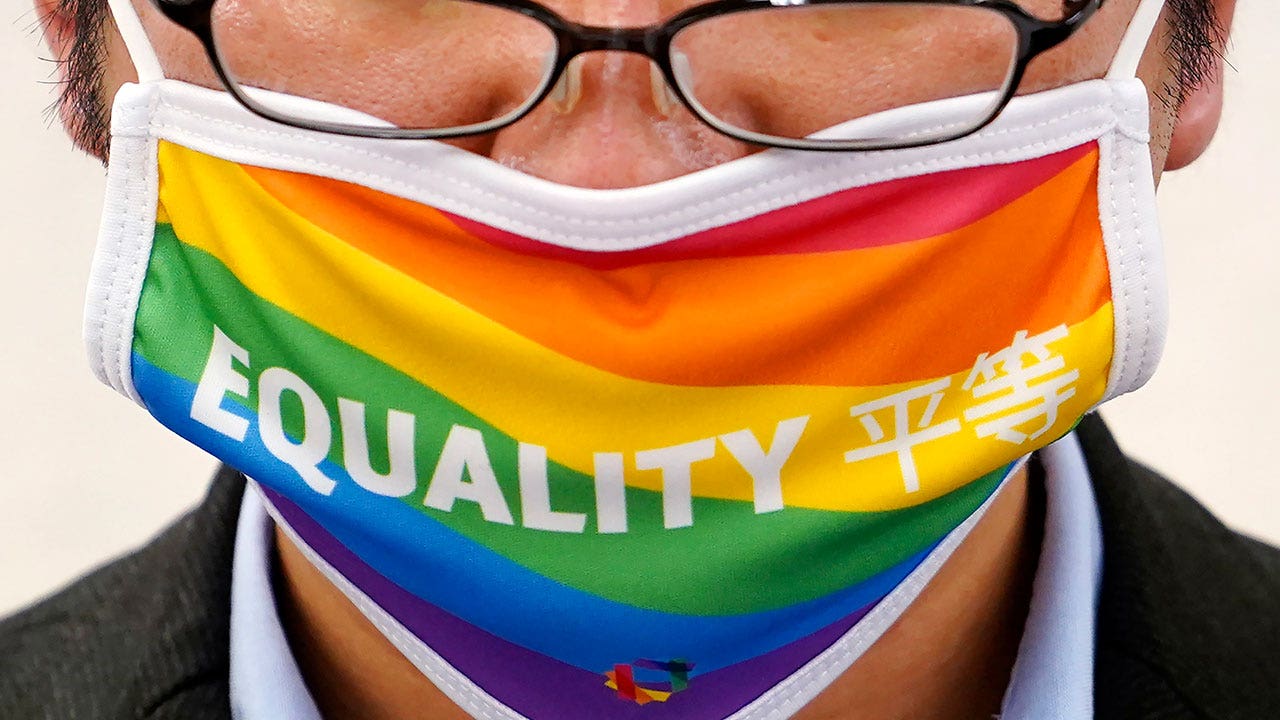The Facts
On Thursday, Japanese PM Fumio Kishida announced plans to increase the number of top female executives in the country’s major companies to at least 30% by the end of the decade.
At a meeting on gender equality held this week, Kishida said, “We seek to have the ratio of women among executives at 30% or more by 2030 in companies that are listed on the Tokyo stock exchange’s prime market.”
The Spin
Left narrative
As the vast majority of Japanese citizens now recognize that women face institutionalized discrimination, both the public and private sectors must realize the importance of including women in the upper echelons of society. Japan is still tied to its traditional views of gender roles, so if it wants to tap into the potential political and economic benefits of inclusion, it must train its corporate and government entities to accept that equality is the route to success.
Right narrative
Despite the claims made in unserious, non-peer-reviewed studies, gender diversity on corporate boards has virtually no positive impact on company success, nor does it have a negative effect. Forcing women into executive positions to fill a quota will not lead to any significant change. This trend has proven true in both the corporate world and other sectors, where women, like men, are hired for their experiences and accomplishments rather than their gender.


